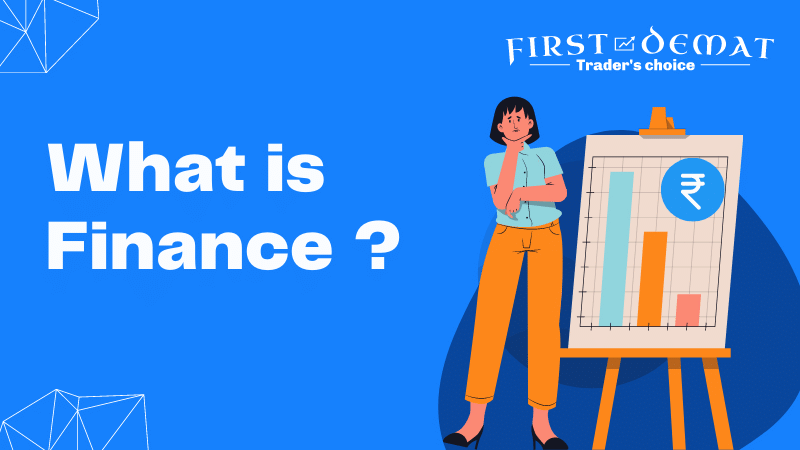Future Contract Terminology, Specifications and Steps Required in Trading Futures
A futures contract is an agreement to buy or sell a specific amount of an underlying asset at a predetermined price on a future date. The underlying asset can be anything from a currency to an oil field.
The most common futures contract is the option, which gives the holder the right to buy or sell an underlying asset at a specific price at a specific date in the future. For example, if you own an option to buy 100 shares of stock at $50 per share, then your option will expire on December 31st of this year. The price of that option may change over time--for example, if there's an increase in demand for stocks and their prices rise above what you paid for it--but it will always expire by its stated expiration date and allow you to exercise or not exercise that right.
Another type of contract that's traded is a forward contract, which allows someone who wants to buy something from someone else (called a seller) without having cash in hand but without giving up any ownership rights over what they want until later (when they actually receive it). Forward contracts work like this: The seller agrees to sell something sometime in the future at an agreed-upon price.
This allows them to make predictions about how the price of the commodity will change in the future.
The way that futures contracts work is that there are two parties involved: one who sells it, and another who buys it.
When you're buying a contract, you are agreeing to pay someone else for the right to buy or sell an asset at a certain price in the future. When you're selling a contract, you are agreeing to let someone else buy from you at that price in order for them to pay their own money back plus commission fees (which are usually around 4%).
Futures are a type of financial contract that allows companies to exchange goods, services and assets. They are traded on exchanges like NSE and other stock exchanges around the world.
The first step in trading futures is to create an account with either NSE or another futures exchange. The second step is to open an account with a broker who offers their own service for trading in futures. This broker will be able to help you set up your account and monitor your trades as they occur.
Once you have opened up an account with your broker, they will send you a confirmation email that includes instructions on how to place orders with them. The order must include several pieces of information: what kind of product you want to trade (for example, corn or soybeans), how much money you want to spend per contract (this is called margin), what time frame the contract runs over (for example, one month), and how many contracts are being bought or sold at once (this is called quantity).
If everything goes smoothly after placing your order with your broker, then they should be able to execute it quickly enough so that when it expires later that day or week (depending on how far out from expiration date), someone else will buy or sell those same contracts at market prices instead
Trading in Futures is a great way to make money, but it can also be a bit tricky. Here's how to get started:
1. First, you need to register for an account with NSE (National Stock Exchange). You can do this online at www.nseindia.com/en/register/.
2. Next, you'll need to create an account on the platform where you want to trade futures contracts on stocks or commodities like wheat and sugar cane prices. You can do this by clicking here: https://www.nseindia.com/en/portal/index-page/.
3. Finally, once your account has been created and verified by NSE, it's time to start trading! The best place to start is by reading through our guide here: https://www.nseindia.com/en/how-to-trade-futures/.
Why traders do trade in Futures
Traders do trade in futures because they want to take advantage of the market's volatility and risk exposure. They do this by betting on the future price movement of a commodity, such as oil or corn, rather than buying and selling actual commodities themselves.
Traders use futures contracts to hedge their long-term risks and gain exposure to the price movement of an asset without putting up cash or using debt in order to buy it outright. If you are a trader, then you are trading with someone else's money--and that person is not going to give it back to you if things don't go as planned!
Traders who use futures contracts can lock in a position with certainty over time because they know exactly how much money they will have when the contract expires. This means that traders can manage their risk exposure by setting limits on how much money they want to lose before exiting a position (or even better: locking in profits).
